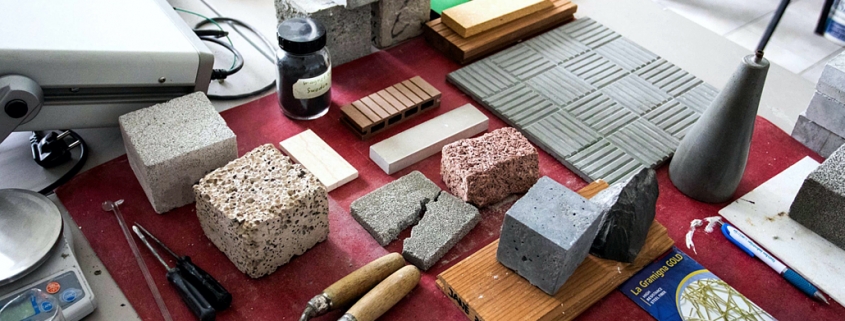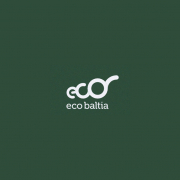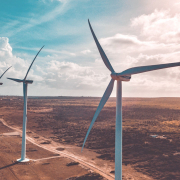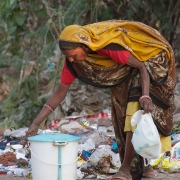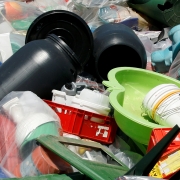Lithuania: Scientists Invented Method of Producing Plaster Stones from Waste
In June this year, the Lithuanian Kaunas University of Technology (KTU) reported, that a group of scientists have developed a method of producing increased strength gypsum binding material using only industrial waste products.
By combining phosphogypsum (fertilizing production waste), zeolite (a waste product from oil refining industry) and an activator they have cast gypsum stone, which is twice stronger than usual. The university gave account that about five tons of phosphogypsum are generated per ton of phosphoric acid production. Globally, 15 percent of the generated volume of phosphogypsum is recycled as building materials, agricultural fertilizers or soil stabilization amendments and as a setting controller in the manufacture of Portland cement. “The rest is stored near factories, which not only occupies large land areas but also causes serious environmental contamination. In Lithuania, phosphate industry company Lifosa produces almost 500 thousand tons of phosphoric acid and 4-5 times of the phosphogypsum, which is transported to the waste piles.” According to the information, the KTU research group has already applied for a patent of their invention to the State Patent Bureau of Lithuania. “Once obtaining the patent, the scientists will look into cooperation with business organizations in order to commercialize their invention,” KTU emphasized. Technology transfer would be facilitated by KTU National Innovation and Entrepreneurship Centre, a one-stop shop for knowledge-intensive business to contact research.
(GR 32019, Page 9, Photo: Kaunas University of Technology)

